
Two CBO proposals finalists for ASU Women in Philanthropy prizes
Two proposals headed by the Center for Biodiversity Outcomes leadership were announced as grant finalists for ASU Women and Philanthropy, an organization comprised of women committed to becoming advocates and philanthropic supporters of the university. The proposal presentations took place at the Musical Instrument Museum on Feb. 23.
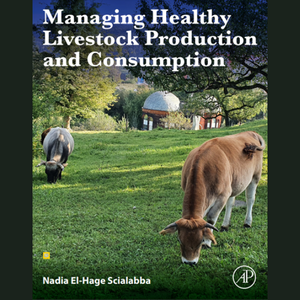
Expanding the livestock narrative
A very important book by Nadia El-Hage Scialabba has just published. Nadia is one of our Senior Fellows at the Swette Center and she lists the Swette Center as her primary affiliation on the book jacket! What an honor to have the Swette Center so acknowledged and to have Nadia working with us.
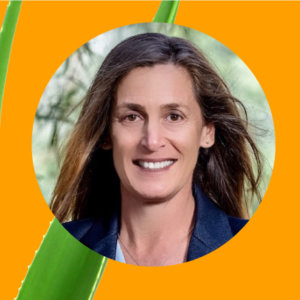
CBO's Leah Gerber speaks at GreenBiz22
The business sector's premier annual sustainablility conference, GreenBiz 2022, returned to the Valley of the Sun in Scottsdale this February. The ASU Center of Biodiversity Ooutcome’s founding director, Leah Gerber, was invited to sit on a panel.
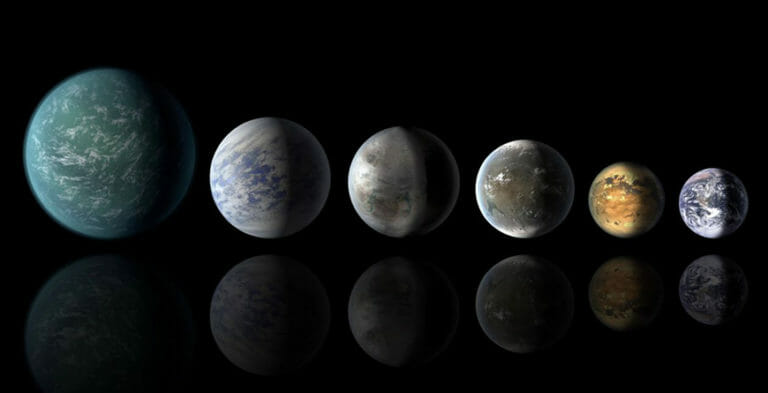
New astrobiology research predicts life 'as we don't know it'
The search for alien life has been restricted to using life on Earth as the reference, essentially looking for “life as we know it” beyond Earth. For astrobiologists looking for
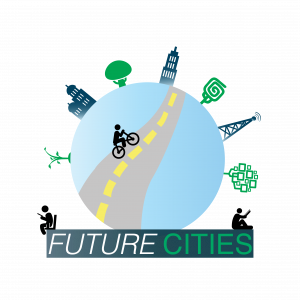
Future Cities episode 58: What Makes Infrastructure Sustainable?
Discussions about infrastructure are often centered on the opinions and prevailing ideas within engineering, but other disciplines have valuable insights on what infrastructure is and what it can be.
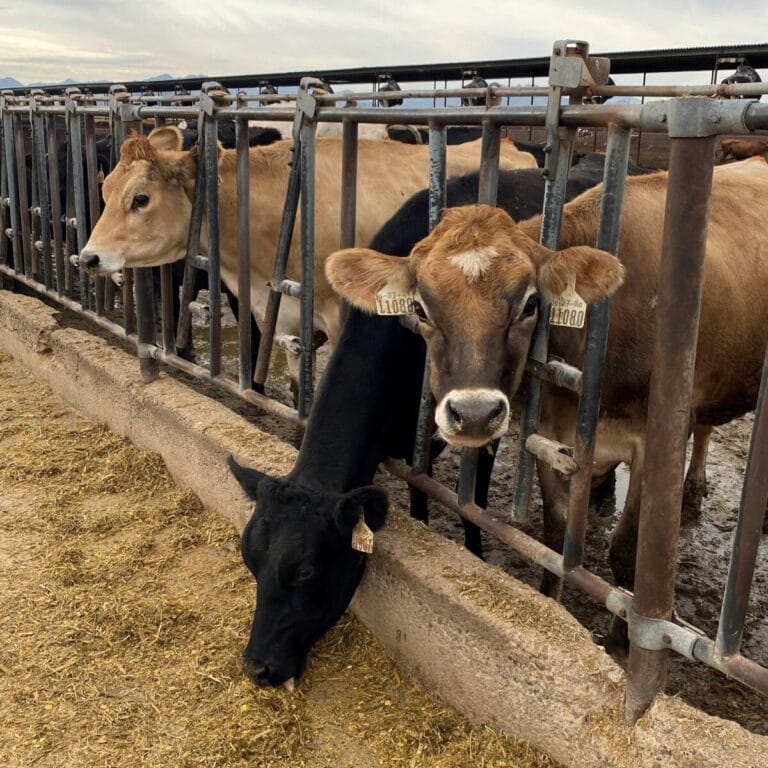
Insight on the dairy industry from Kerr Family Farms
In December of 2021, the new cohort of ASU graduate students in the Sustainable Food Systems program spent a morning visiting and touring Kerr Family Farms in the West Valley area of Maricopa County, Arizona. Farmer Wes Kerr explained the history of the family farm, daily logistics on the farm, and his passion for dairy farming.
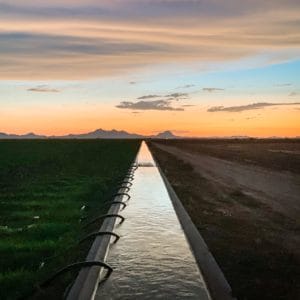
Water in the West
Water security is a major – and often growing – challenge for many countries today. The magnitude of impact is profound as water scarcity drives the bottom line for food sovereignty and food security.
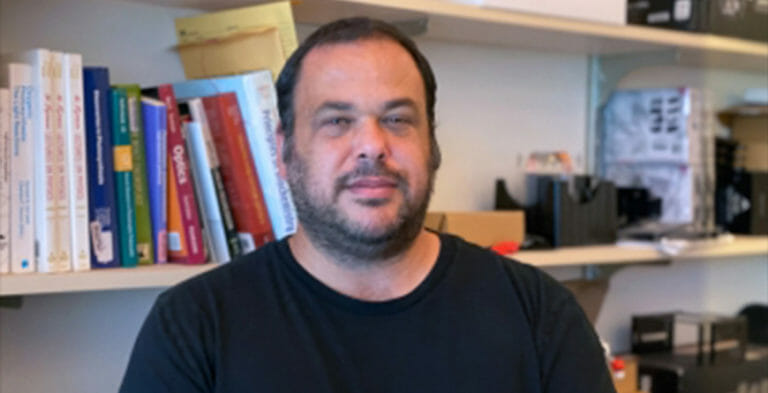
Lost in the moss: ASU scientists answer key questions regarding photosynthesis evolution
A team of scientists from Arizona State University has taken a significant step closer to unlocking the secrets of photosynthesis, by determining the structure of a very large photosynthetic supercomplex
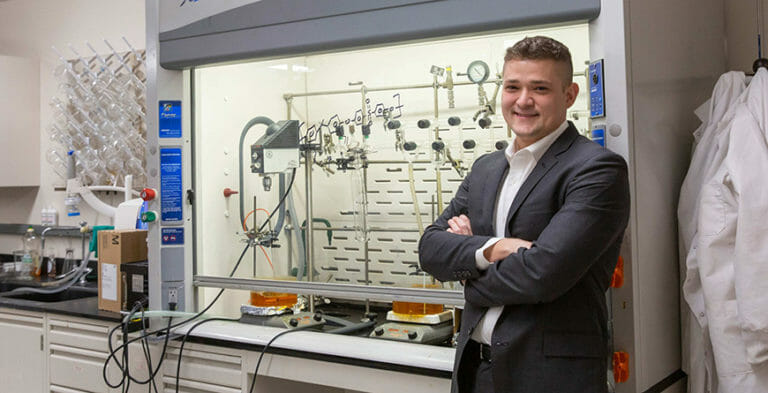
Working toward advances in carbon capture to turn the tide on climate change
As global challenges go, significantly reducing the amount of harmful greenhouse gases that have accumulated in the Earth’s atmosphere and oceans is most certainly among the most daunting. Those gases,
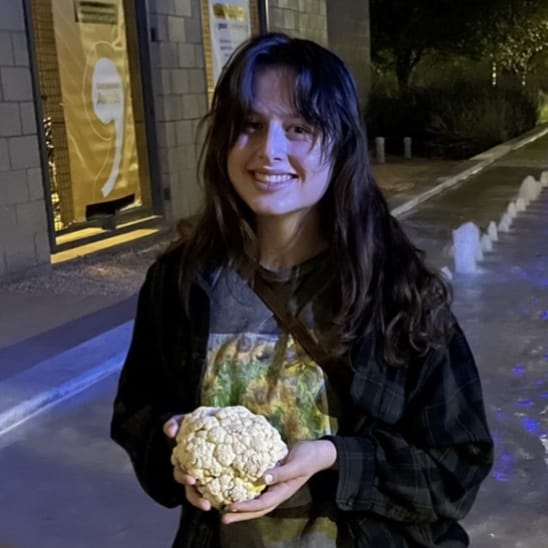
Meet Swette Center staff member, Elora
In this series, we’re meeting with Swette Center team members to explore their background in food systems, what they are currently working on, and their vision of food systems transformation. Read on for an interview with Elora Bevacqua, Student Worker.
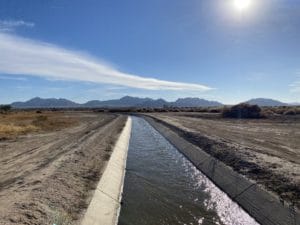
Restoring ancient aquifers to secure water for the future within the Gila River Indian Community
As sustainability and food systems students, it is inspiring to witness successful environmental projects and a privilege to learn from indigenous people. Over Fall term, our class of graduate students with the ASU Swette Center for Sustainable Food Systems had been learning about managing natural resources. Now we were on a Food and Farm Tour of Arizona, visiting different types of farms, ranches, and orchards while learning about different aspects of our food system.

Live wire: New research on nanoelectronics
Proteins are among the most versatile and ubiquitous biomolecules on earth. Nature uses them for everything from building tissues to regulating metabolism to defending the body against disease. Now, a